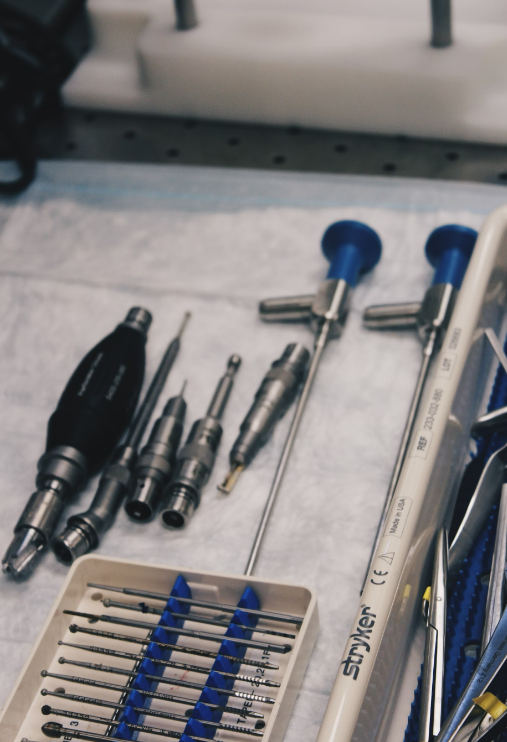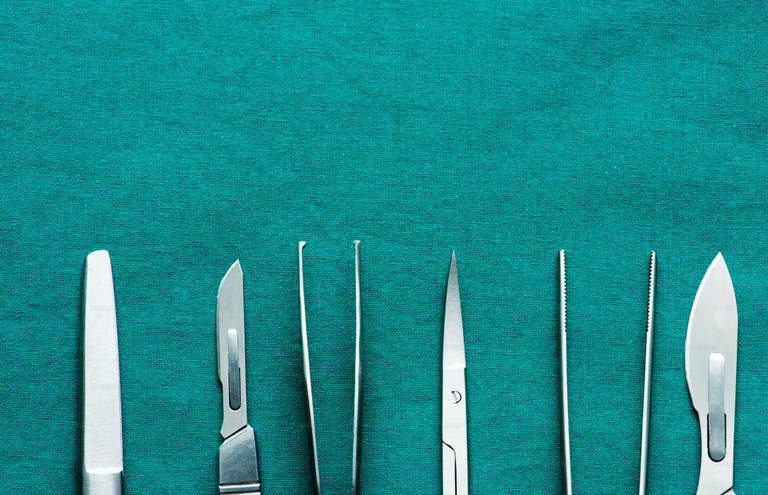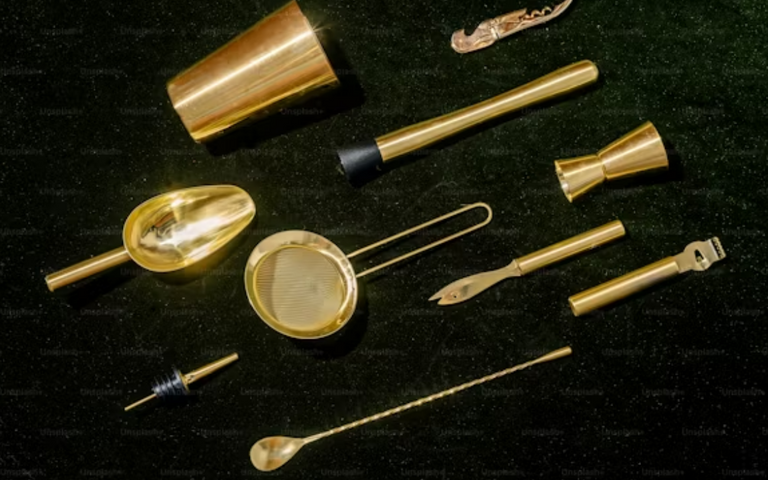Pakistan is a global leader in the production of surgical instruments, with its products being exported to over 140 countries. The city of Sialkot, often referred to as the "City of Surgical Instruments," is the epicenter of this industry. Here’s an in-depth look at why Pakistan thrives in this field and its significance to the global healthcare sector.
1. Historical Roots
The origins of Pakistan’s surgical instrument industry can be traced back to the early 20th century:
- Colonial Influence: During British rule, local artisans in Sialkot were trained to repair and manufacture surgical tools for the colonial medical sector.
- Post-Independence Growth: After 1947, Pakistani manufacturers built on this foundation, establishing a thriving export-oriented industry.
2. Skilled Workforce
Pakistan boasts a highly skilled and experienced workforce:
- Generational Expertise: Many families in Sialkot have been in the surgical instrument business for generations, passing down technical knowledge.
- Handcrafted Precision: Craftsmen excel at producing intricate, high-quality instruments through manual techniques, ensuring durability and precision.
- Training Institutions: Local technical schools and training centers enhance workers’ skills, keeping them competitive in the global market.
3. Cost-Effective Production
Competitive pricing is a significant factor behind Pakistan’s success:
- Affordable Labor: Lower labor costs compared to other manufacturing hubs like Germany or the U.S. allow for cost-effective production.
- Efficient Processes: Local producers optimize resources and production methods to maintain high-quality standards at lower prices.
4. Access to Raw Materials
The availability of high-quality raw materials is critical:
- Steel Supply: Pakistan sources high-grade stainless steel, essential for surgical tools, from both local and imported suppliers.
- Material Expertise: Manufacturers possess deep knowledge of steel properties, ensuring the creation of instruments that meet strict medical standards.
5. Strong Export Network
Pakistan's surgical instrument industry has established a robust global presence:
- Export-Oriented Industry: Over 95% of surgical instruments produced in Pakistan are exported.
- Key Markets: Major buyers include the U.S., Germany, the U.K., and the Middle East.
- OEM Manufacturing: Many international brands outsource their production to Pakistani manufacturers, who produce under strict compliance with global standards.
6. Diverse Product Range
Pakistani manufacturers produce an extensive range of instruments:
- General Surgery: Scalpels, forceps, retractors, and scissors.
- Specialized Tools: Instruments for orthopedic, dental, ENT, and cardiovascular surgeries.
- Customization: Many firms offer customized solutions to meet specific client requirements.
7. Commitment to Quality
The industry’s focus on quality has earned global recognition:
- Certifications: Many manufacturers comply with international standards, such as ISO 13485 and FDA regulations.
- Quality Control: Rigorous inspections and testing ensure that instruments meet the highest safety and performance standards.
- Innovation: Continuous R&D efforts enable the development of advanced instruments to keep pace with modern medical needs.
8. Government and Industry Support
The Pakistani government and industry associations play an active role:
- Trade Facilitation: Supportive export policies and incentives encourage international trade.
- Industry Associations: Groups like the Surgical Instrument Manufacturers Association of Pakistan (SIMAP) provide resources, advocacy, and training to manufacturers.
- Expos and Trade Fairs: Participation in global exhibitions promotes Pakistani instruments to international buyers.
Challenges and Opportunities
While the industry has many strengths, it also faces challenges:
- Competition: Competing with technologically advanced nations like Germany and Japan.
- Modernization: Investing in automation and advanced machinery to scale production and improve consistency.
- Value Addition: Transitioning from OEM production to establishing Pakistani brands in global markets.
Opportunities lie in adopting cutting-edge technologies, expanding into emerging markets, and enhancing branding efforts.
Final Thoughts
Pakistan’s success in surgical instrument manufacturing is a testament to its skilled artisans, efficient production processes, and commitment to quality. By continuously adapting to global standards and technological advancements, the industry has positioned itself as a vital player in the international healthcare landscape. With ongoing efforts to modernize and innovate, Pakistan is poised to maintain its leadership in this critical sector.


